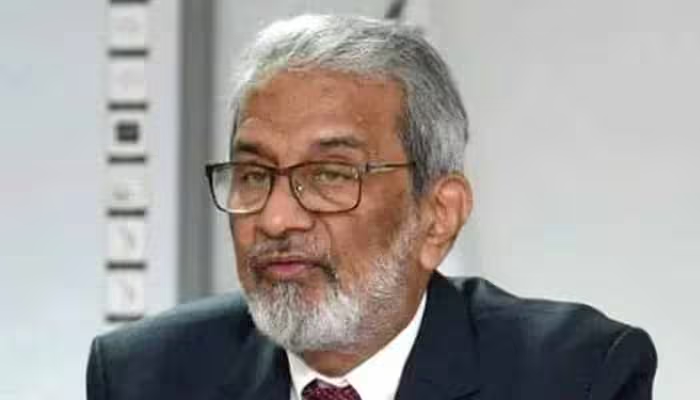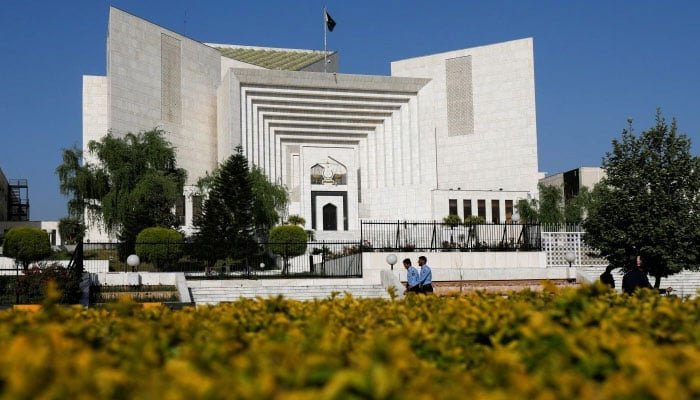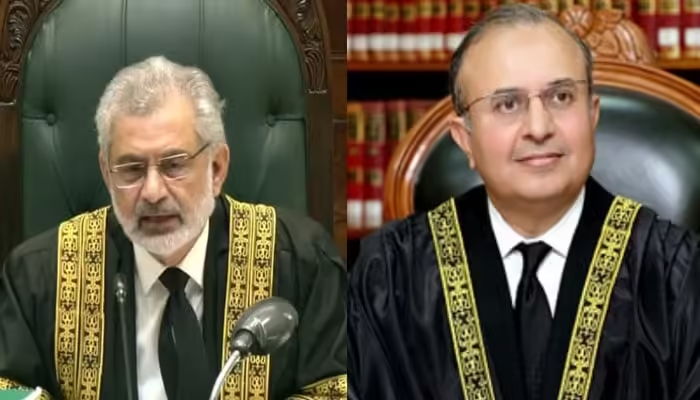Pakistan and Afghanistan have mutually agreed to extend their 48-hour ceasefire until the conclusion of planned talks in Doha, according to a report by Reuters citing official sources. The extension of the Pakistan and Afghanistan ceasefire marks a crucial step toward easing rising hostilities that have resulted in significant casualties on both sides. Sources revealed that a Pakistani delegation had already arrived in Doha while an Afghan delegation was expected to reach the Qatari capital the following day. However, security officials later clarified that the Pakistani delegation was scheduled to depart the next morning, denying claims of its early arrival.
Progress Toward Peaceful Resolution
The temporary truce, initially agreed upon at Afghanistan’s request, paused days of intense fighting that left dozens dead and hundreds injured. This Pakistan and Afghanistan ceasefire represents a brief but meaningful opportunity for both nations to engage in dialogue and work toward long-term peace.
Foreign Office spokesperson Shafqat Ali Khan confirmed during a weekly press briefing that both sides were engaged in “constructive dialogue” aimed at achieving a peaceful resolution to ongoing border tensions. He stated that during the 48-hour ceasefire, Pakistan and Afghanistan were making sincere efforts to find a positive resolution to this complex but solvable issue.
The border tensions between Islamabad and Kabul have intensified in recent months, primarily due to the Afghan Taliban’s reluctance to act against terrorist groups operating from its territory. Pakistan has repeatedly raised concerns about cross-border terrorism, particularly by the Tehreek-e-Taliban Pakistan (TTP), also known as Fitna al-Khawarij, which continues to launch unprovoked attacks against Pakistani forces.
Military Clashes and Self-Defence Operations
The latest escalation began when Taliban forces and TTP militants launched an unprovoked attack on Pakistani positions on October 12. In response, the Pakistan Armed Forces carried out a robust self-defence operation, resulting in the elimination of over 200 Afghan Taliban fighters and affiliated militants. The military’s media wing confirmed that 23 Pakistani soldiers embraced martyrdom in the clashes.
Pakistan also conducted precision strikes within Afghanistan’s Kandahar province and the capital Kabul, targeting multiple militant strongholds. These operations were described as necessary to ensure Pakistan’s national security and to respond proportionately to continued acts of aggression. The Pakistan and Afghanistan ceasefire that followed offered a brief pause for diplomacy to take hold.
Diplomatic Engagement and Future Talks
Following the ceasefire, Prime Minister Shehbaz Sharif expressed Pakistan’s readiness to hold talks with the Taliban regime on reasonable terms, emphasizing that the ball was now in Kabul’s court to pursue a permanent ceasefire. The Prime Minister’s statement underscored Pakistan’s commitment to peace and its willingness to resolve disputes through dialogue rather than conflict.
Despite these diplomatic overtures, tensions remain high. Defence Minister Khawaja Asif criticized the Afghan regime for failing to reciprocate Pakistan’s efforts toward peaceful engagement. He accused Afghanistan of becoming a “proxy of India” and reiterated that Pakistan could no longer tolerate the status quo.
End of Enforced Hospitality
In a strongly worded post on X (formerly Twitter), Khawaja Asif declared that Pakistan’s “decades of enforced hospitality” for Afghan nationals had come to an end. He stated that all Afghans residing in Pakistan must return to their homeland, and only those with valid visas would be permitted to stay. Asif stressed that Pakistan’s land and resources belong to its 250 million citizens, signaling a major policy shift in Islamabad’s approach toward Afghan refugees and cross-border relations.
The Defence Minister also detailed Pakistan’s extensive diplomatic engagements with Afghanistan in recent years, including four visits by the foreign minister, two by the defence minister and ISI, five by the special representative, and multiple meetings at various official levels. Despite these efforts — which also included 836 protest notes and 13 formal demarches — Pakistan believes that its goodwill gestures have not been met with the same sincerity from the Afghan side.
Path Forward for Regional Stability
The Pakistan and Afghanistan ceasefire represents a fragile yet essential window for de-escalation. Both nations stand at a crossroads — with the choice between continuing a cycle of violence or working toward sustainable peace through mutual respect and cooperation.
Experts note that lasting stability will require concrete action from both sides, particularly from the Afghan Taliban, to curb militant activities operating from Afghan soil. Pakistan, on its part, remains committed to defending its sovereignty while advocating for peaceful neighbourly relations.
As diplomatic talks in Doha proceed, the extension of the Pakistan and Afghanistan ceasefire is being seen as a test of goodwill. Whether this temporary truce can transform into a foundation for lasting peace depends largely on both countries’ willingness to prioritize dialogue over confrontation.



